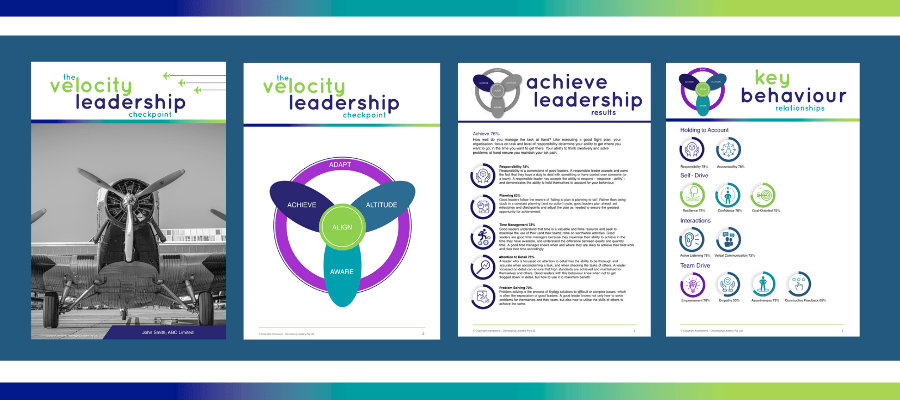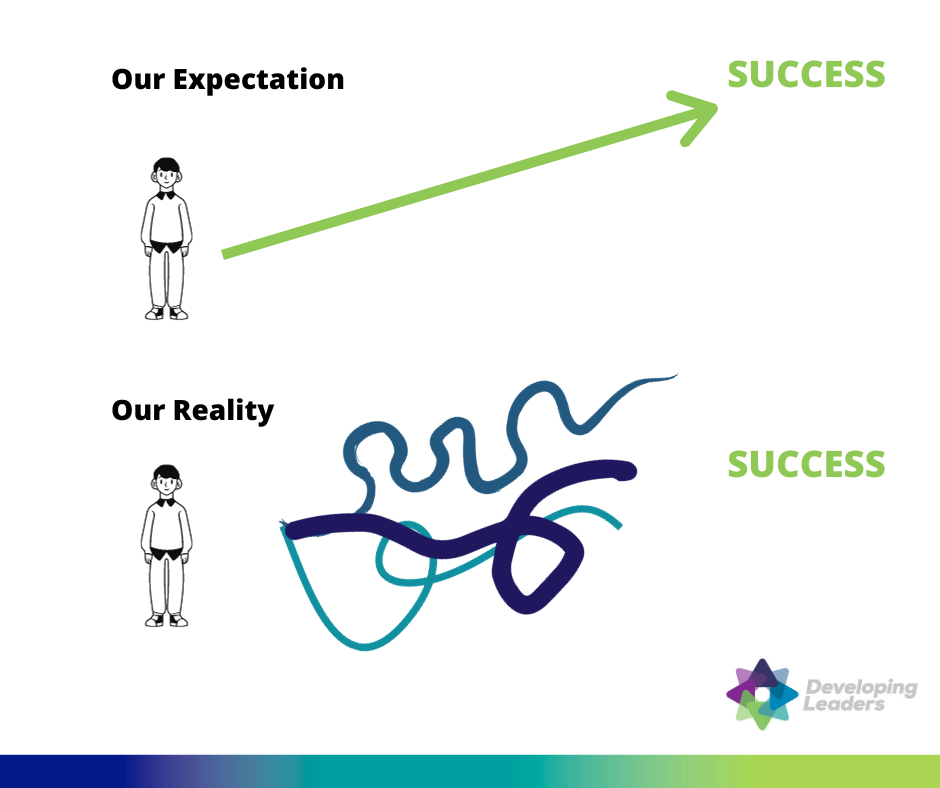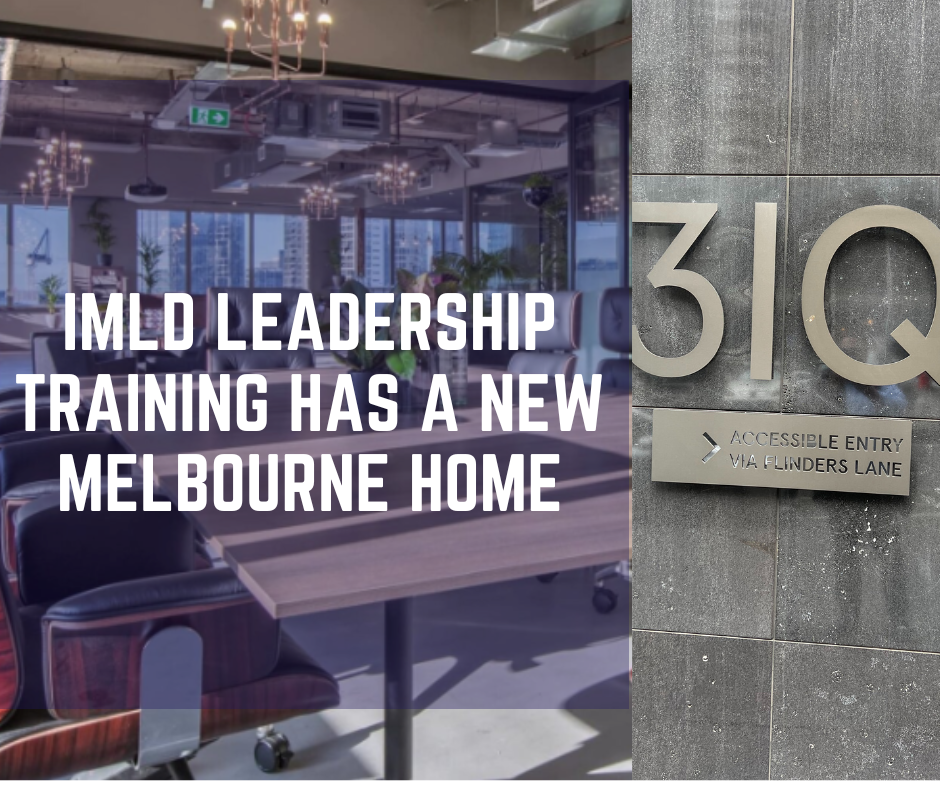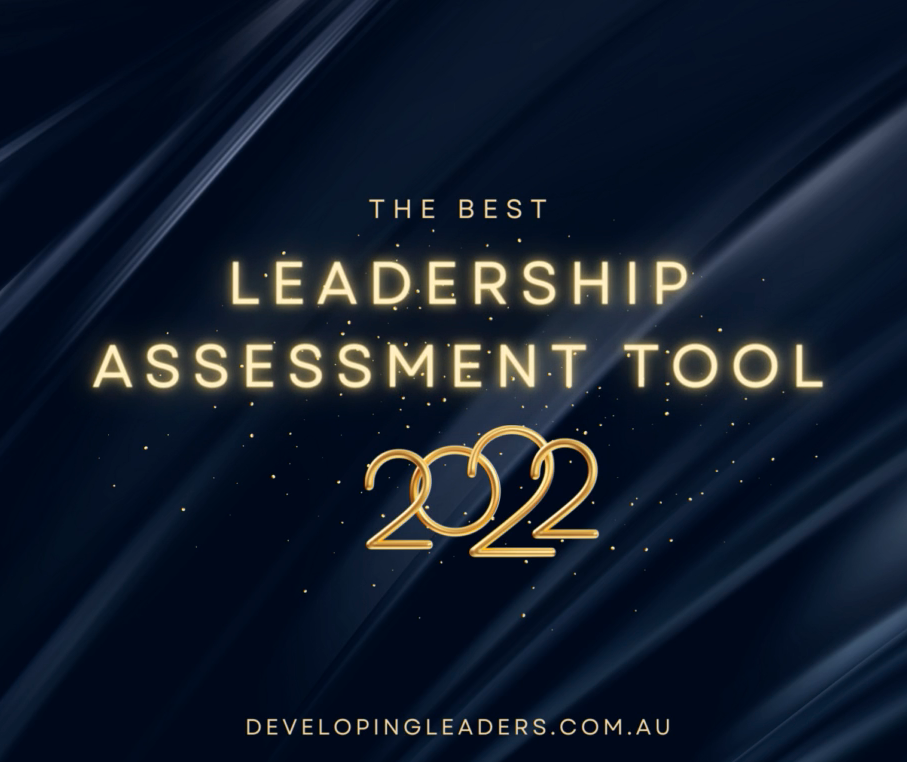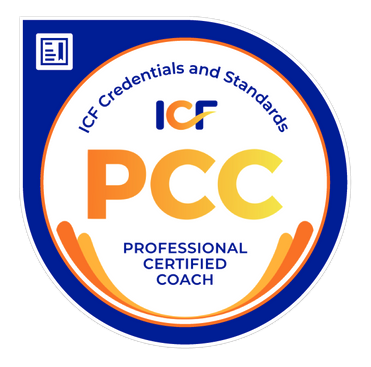A huge thank you to Chetan Kapur of Lyondellbasell for your recent Diploma of Leadership and Management testimonial after working with our lead facilitator and Executive Coach, Michael Peiniger. It is always a pleasure to work with leaders and managers that seek to develop, hone and practise their leadership skills further for the benefit of their team, and the hours taken to complete the Diploma of Leadership and Management are testimony to that fact.
‘Michael is an outstanding coach; full of energy and delivers the course content and imparts knowledge very professionally, always bringing humour to the learning interactive. I’ve learned from him a lot during my course and would highly recommend Michael for leadership coaching’
Chetan Kapur, Site Manager, Lyondellbasell Advanced Polymers
Thank you for mentioning the nature of the learning environment that we seek to create at IMLD – providing an opportunity for all participants to share their ideas and insights. Thank you for challenging yourself in the Diploma of Leadership and Management workshops to reach new heights in your leadership skills and behaviours. We wish you and the team at Lyondellbasell all the success that the future may hold.
Developing Leaders leadership programs provide leaders with knowledge, behaviour and practical skills required to lead and adapt to a changing work environment. Irrespective of where you are staring from – brand new to leadership or a seasoned professional – IMLD leadership programs have something for you to continue your leadership development journey – just like they have done for Chetan. From the Emerging Leaders Program, to the Executive Leadership Program and the Diploma of Leadership and Management, there is a leadership program designed to take your skills to the next level. If this sounds like it could be useful for you or members of your team, get in touch with us today via the Contact Page, or via a Discovery Call on Zoom where one of experienced facilitators can answer all of your burning questions.
#leadership #management #leadershiptraining #leadershiptrainingmelbourne #developingleaders #leader #executivetraining #managementtraining






